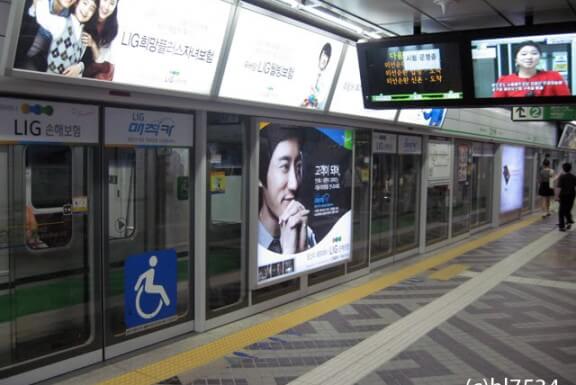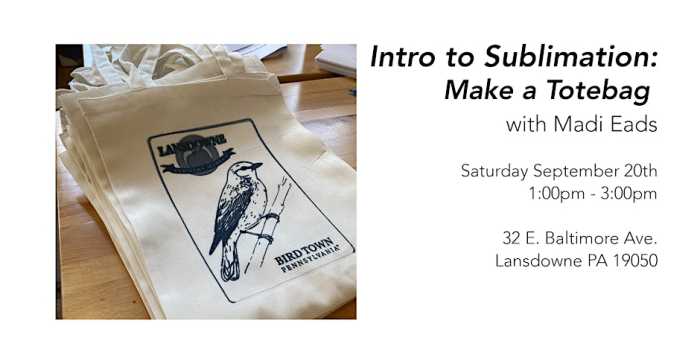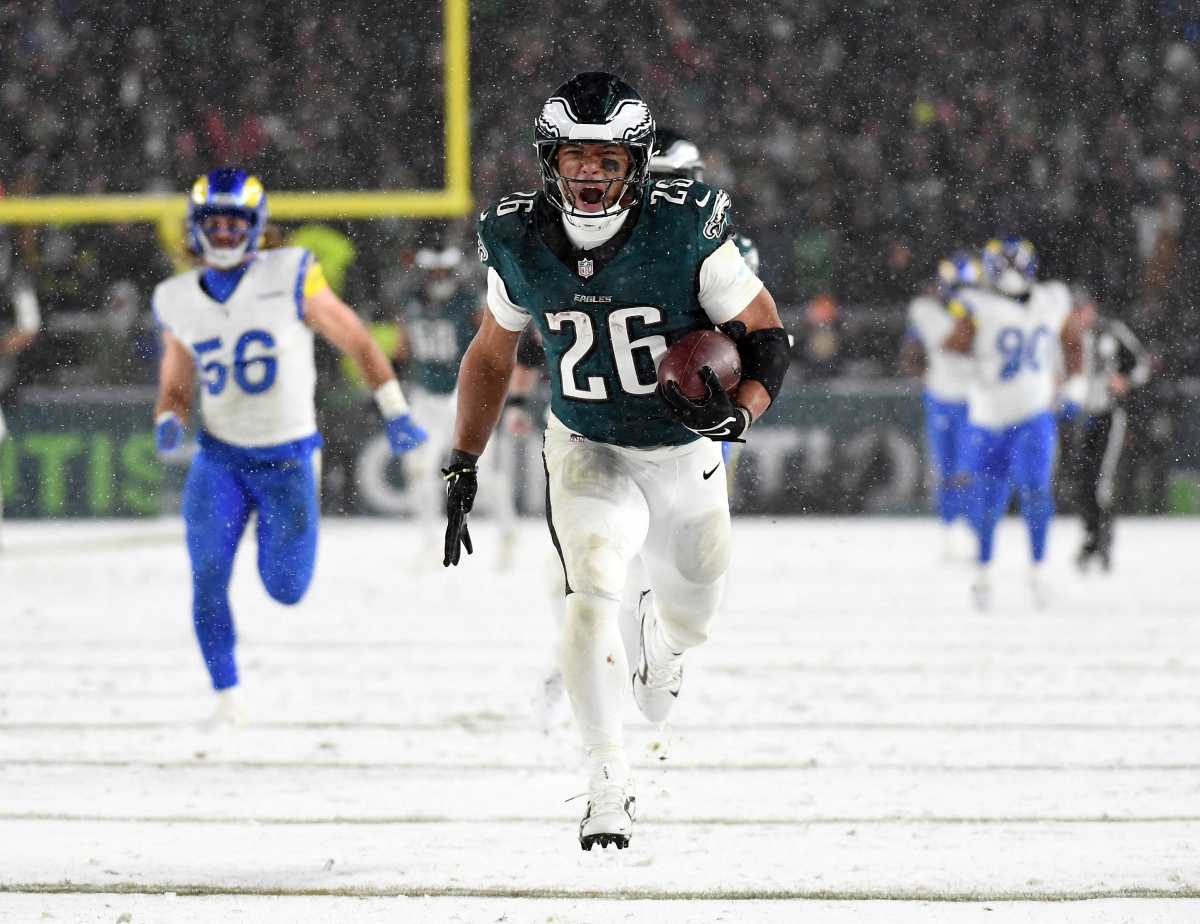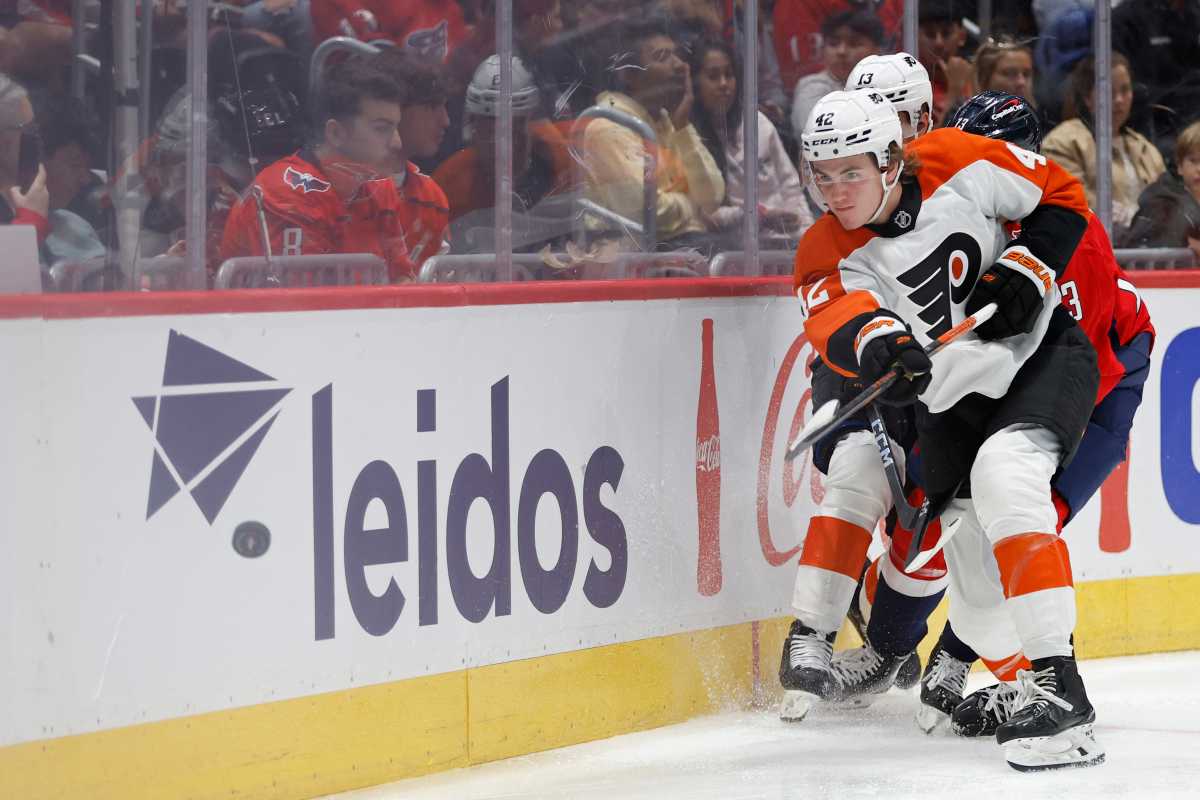PHILADELPHIA. The last time city voters were asked who should be Philadelphia’s top elected crime fighter, a measly 12 percent of the electorate cast their votes in 2005 to keep DA Lynne Abraham in office.
In other words, most people didn’t care. Low voter turnout for off-year general elections, or ballots that don’t include names for president or Congress or even state Legislature, is a chronic problem in Philadelphia, experts say, in part because Democrats vastly outnumber Republicans. They hold a nearly 7-to-1 edge over GOP counterparts.
“Obviously In these local races, the turnout is going to be the respective parties and the candidates getting their supporters out,” said Lora Lavin, vice president of issues and action for Pennsylvania’s League of Women Voters. “That’s the way the parties like it. If you start injecting non-partisanship into it, the undeclared voters, it injects too much uncertainty into the process.”
Abraham predictably crushed a little-known Republican candidate in 2005 in the election that set a low mark for turnout. The Democrat she beat back then in the much-closer primary was Seth Williams, who is heavily favored tomorrow when another small pool of voters heads to the polls.
Zack Stalberg of watchdog Committee of Seventy, said doing away with the primary/general election format would increase voter interest, but any change is for the dreamers.
“The difficulty is moving from the current system when it’s the incumbent politicians who would make that change and have no reason to change it,” he said. “They were, after all, elected with it.”























